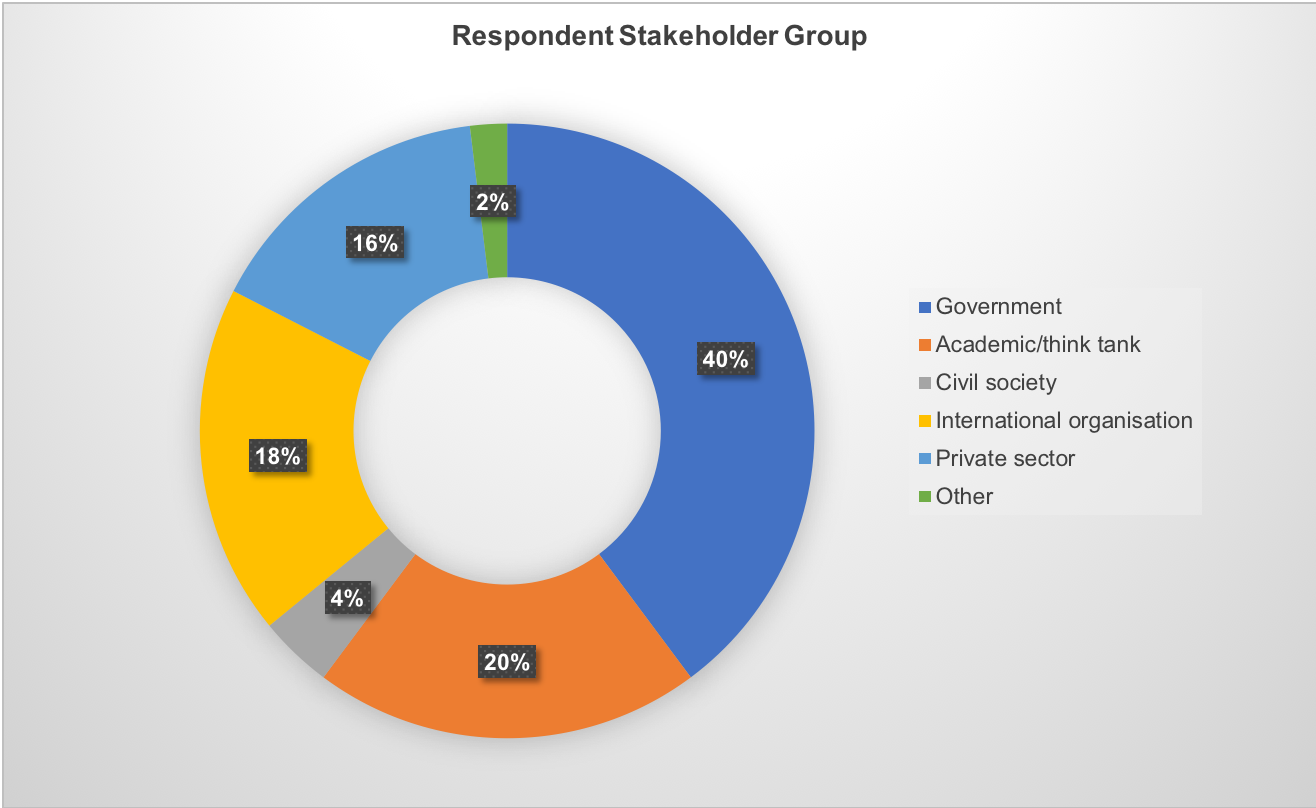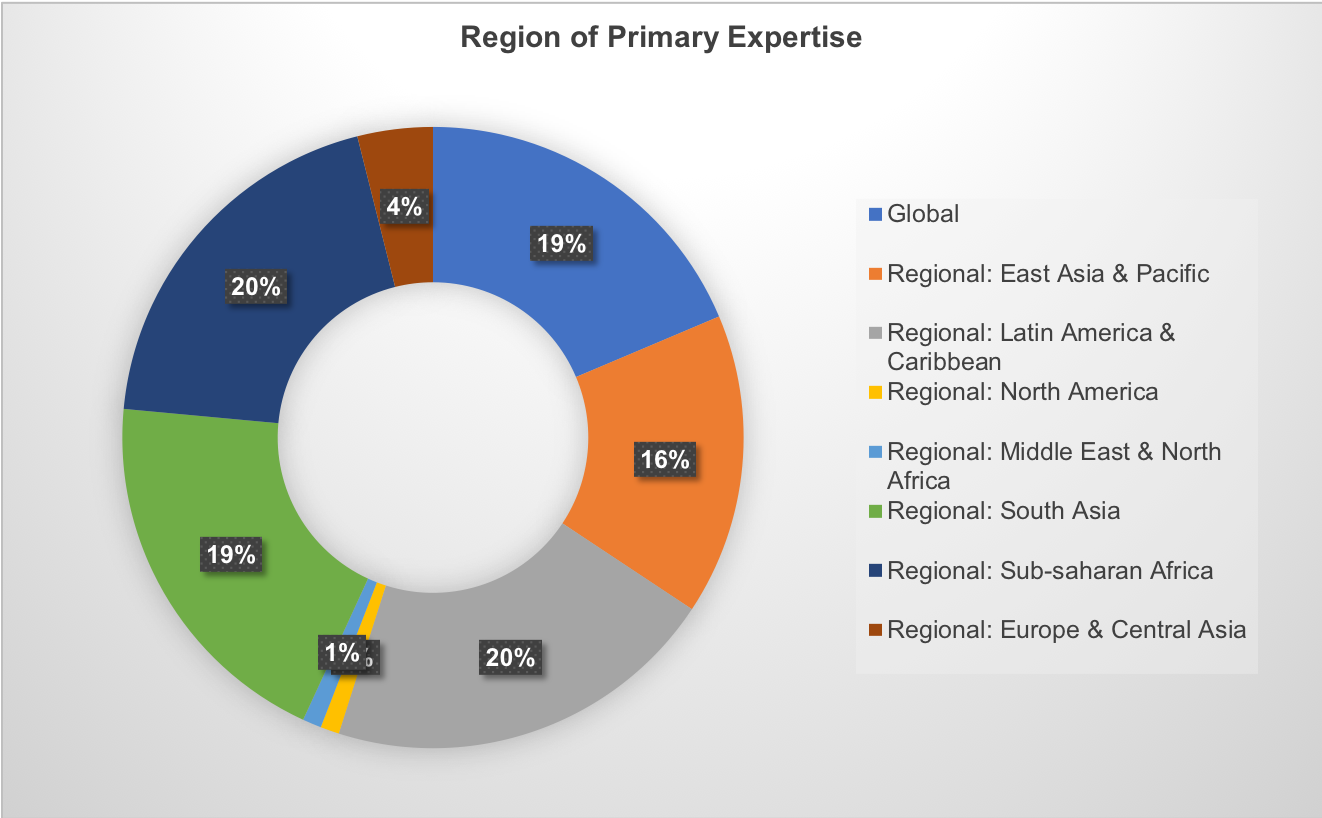Making tech global governance work for developing countries
Just as financial regulation and trade rules were set by advanced economies, to date, most of the global debate about tech governance has ignored emerging or developing countries. Yet if the latter are going to be able to manage technology in a way that allows them to harness its benefits, it is vital that they have a seat at the table, and are able to speak at that table with an informed voice.
To this end, this year the Commission has sought to counter the skewed narrative on global tech policy-making by speaking to, and seeking out, the views of stakeholders in and from developing countries who are working with technology.
At a discussion hosted in Washington DC with developing country government officials, global tech experts, civil society actors, and think tanks, we asked: what tech policies rank high on the agenda of developing countries? And how can the international community take action to help achieve them?
The Commission also conducted a survey specifically targeting policymakers and key stakeholders from developing countries. We asked more than 100 respondents from 25 countries to reflect on the most pressing technological issues facing their countries, as well as which policy arenas would most benefit from international coordination.
The survey, mainly taken by civil servants from developing countries, highlighted how domestic policymakers are influenced by international tech-policy dialogue.


So what did we find? Not surprisingly, the overall top priority from the survey was "jobs and skills", and the answer lies in domestic policy-making: the majority of respondents did not think international coordination was blocking progress on these issues. In contrast, taxation of digital assets, cybercrime, and cybersecurity were identified in the survey as the most relevant policy issues for the global agenda.
In general, we found that tech governance is often one step removed from debates about international development and is not a part of most low-income countries’ agendas. The DC discussion group noted that, while there’s been a lot of talk about harnessing the potential of new technologies for economic growth, (eg through digital ID and e-commerce) little attention has been paid to the international norms regulating the digital age.
When it comes to domestic technology policy, policymakers and politicians in developing nations are often driven by unhelpful metaphors (eg "data is the new oil") and are pushed to adopt frameworks developed by wealthier nations. International players also create a top-down demand for a given priority. For example, one participant flagged that his country was required to adopt data protection regulation as a condition for accessing an international port. Increasingly, GDPR principles have become enshrined into international trade agreements and are being presented as essential in return for certain lines of funding.
Developing countries need a seat at the table to influence the development of global technology policy. However, in many cases, they lack an overall understanding of the plethora of issues associated with the digital age. Helping developing countries free themselves from the position of "rule takers", in that sense, may require raising awareness and building capacity to be able to engage with tech policy.
It is essential that the future of technology governance includes and better reflects the points of view of developing countries. At the Commission we are contributing to the discussion and working towards crystallising policy priorities for inclusive growth in the international agenda.
Look out for our paper on tech global governance, which will be published later this year.
